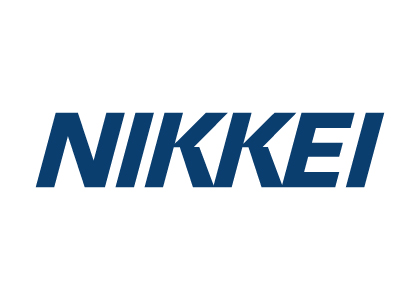
Young Americans Choose Welding Over Office Work as the Job That Will Pay Them in the Age of AI
Reposted from Nikkei Business. Authored by Reporter Hiromi Sato
It is humans who relieve anger
"How can I help you today?" the operator says in English, and a fluent Japanese translation comes over the speaker. If you reply in Japanese, your words are displayed on the operator's screen as Japanese-English subtitles, and you also hear the translated version in English.
Alorica, a US company that provides contact center services in 17 countries around the world, has introduced this speech translation AI in its Latin American bases. It can be used in 75 languages and 200 dialects, and is used by a major travel agency when communicating with European consumers. "This has expanded the range of tasks that can be handled by operators who do not speak Finnish or Swedish," says Harry Folloder, Chief Digital Officer (CDO).
Folloder emphasizes that by "becoming more human," humans will be able to "work in tandem with AI," rather than being replaced by AI. One example is a contact center in Latin America that uses AI to overcome language barriers while making use of the knowledge and response skills of its operators.
They are also focusing on training to improve "human-like" behavior. People who contact the support desk are often angry or upset. So they use AI to create virtual callers, and train operators' response skills before they deal with real people.
For example, they created an AI that rambled on about how the soup they ordered from a food delivery service had spilled, and the human operators discussed ways to make the process go more smoothly. They sharpened their human skills by calming the other person down while empathizing with their anger.
To allow operators to gain a tangible understanding of the companies and brands they are responsible for, they have also begun training using virtual reality (VR). Clothing brand flagship stores and smartphone stores are recreated in VR, allowing operators working in areas where there are no stores to experience the atmosphere. "By deepening our knowledge of the brands we handle, we can also strengthen our emotional connection with the people who contact us," says Folloder.
Alorica said in October it would hire 20,000 new agents for its contact centers around the world. "As long as we're being human, there will always be jobs for people," Folloder said.
The efforts of young people seeking trades and Alorica can be seen as a return to the "body" and "mind" in order to survive in the age of AI. However, there are other jobs that are whispered to be eliminated by AI.
Click here to access the full article